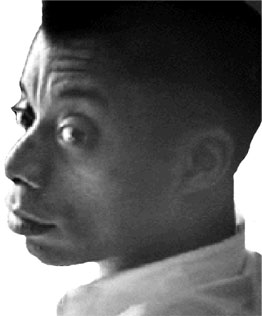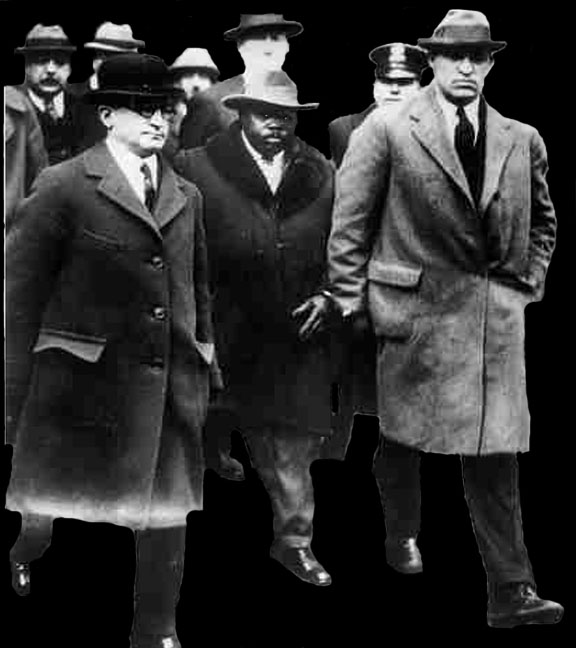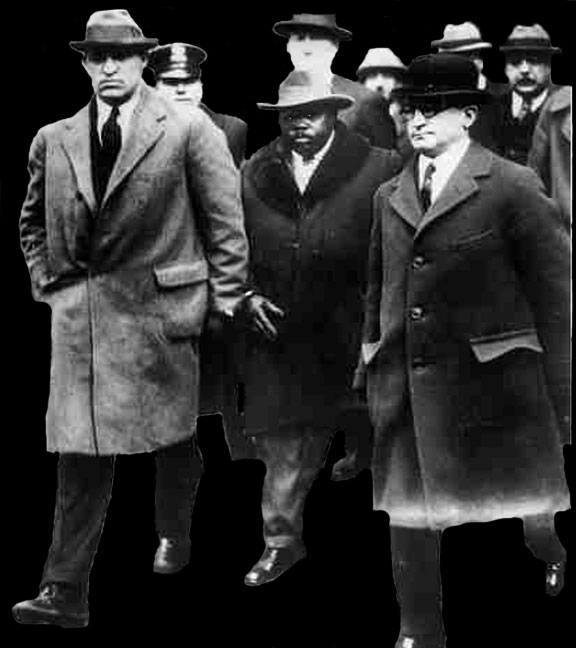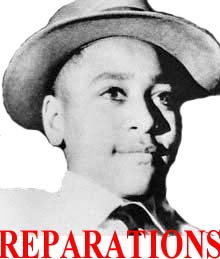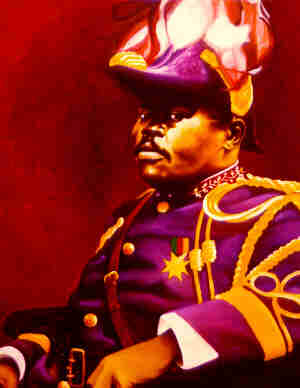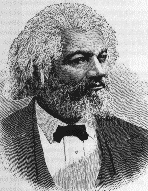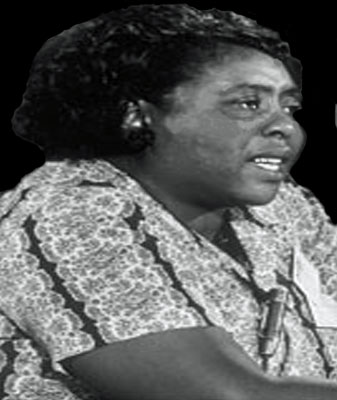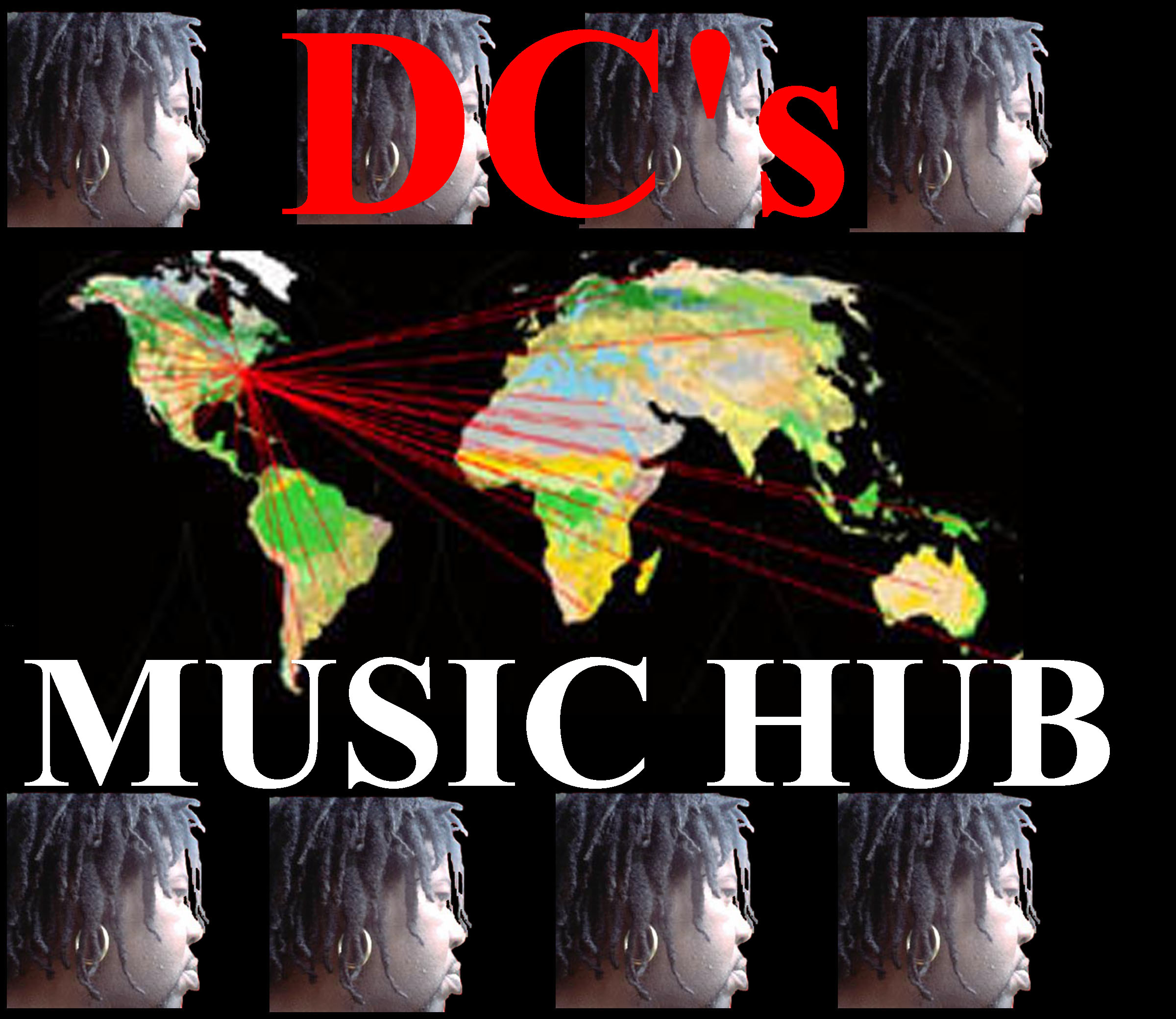More deliberatively, Garvey's choice of the title for his epic
poem, "The White Man's Game, His Vanity Fair" (later reprinted in pamphlet form
under the title The Tragedy of White Injustice) reflects a similar penchant for
alluding to great works of English literature. But just as he endowed the gospel
of success with new racial meanings, so he converted common literary allusion to
his own purposes, making it a medium of a new racial politics. The incorporation
of "Vanity Fair" in the poem's title alludes to the infamous marketplace by that
name in John Bunyan's Pilgrim's Progress (1678). While William Makepeace
Thackeray used the name of Bunyan's town as a metaphor for the decadence of
bourgeois society in London in his 1848 novel Vanity Fair, Garvey employed the
name of the town in his 1927 poem to encapsulate its theme of white oppression
and decadence. Just as Bunyan's work is a kind of sacred picaresque in which
evil is pitted against good, so Garvey's poem is a chronicle of the atrocities
committed against native peoples by white colonizers. In Bunyan's allegory,
Christian, the protagonist, and Faithful, his traveling companion, are waylaid
on their journey toward the Celestial City at Vanity Fair, a market town ruled
by Beelzebub. In this hellish town, the streets are named after Britain, France,
Italy, Spain, and Germany. "Knaves and rogues" and "thefts, murders, adulteries,
false swearers" are met with on these thoroughfares, and vanities bought and
sold. The two travelers are taken prisoner, tortured, and ridiculed. Faithful is
tried in a court presided over by Judge Hategood---with a jury made up of Mr.
Blind-man, Mr. Malice, Mr. Cruelty, and others---and sentenced to death. He is
whipped, stoned, and finally burned at the stake, whereupon his spiritual body
is released from his ashes and carried up into the heavens by a horse-drawn
chariot---a metaphor of deliverance popularly preserved in Negro spirituals.
In referring to Vanity Fair in The Tragedy of White Injustice,
Garvey sought an analogy between the persecution experienced by Bunyan's
travelers at the hands of the immoral townspeople and that experienced by
Africans, Native Americans, and aboriginal Australians at the hands of Europeans
during imperial expansion.
